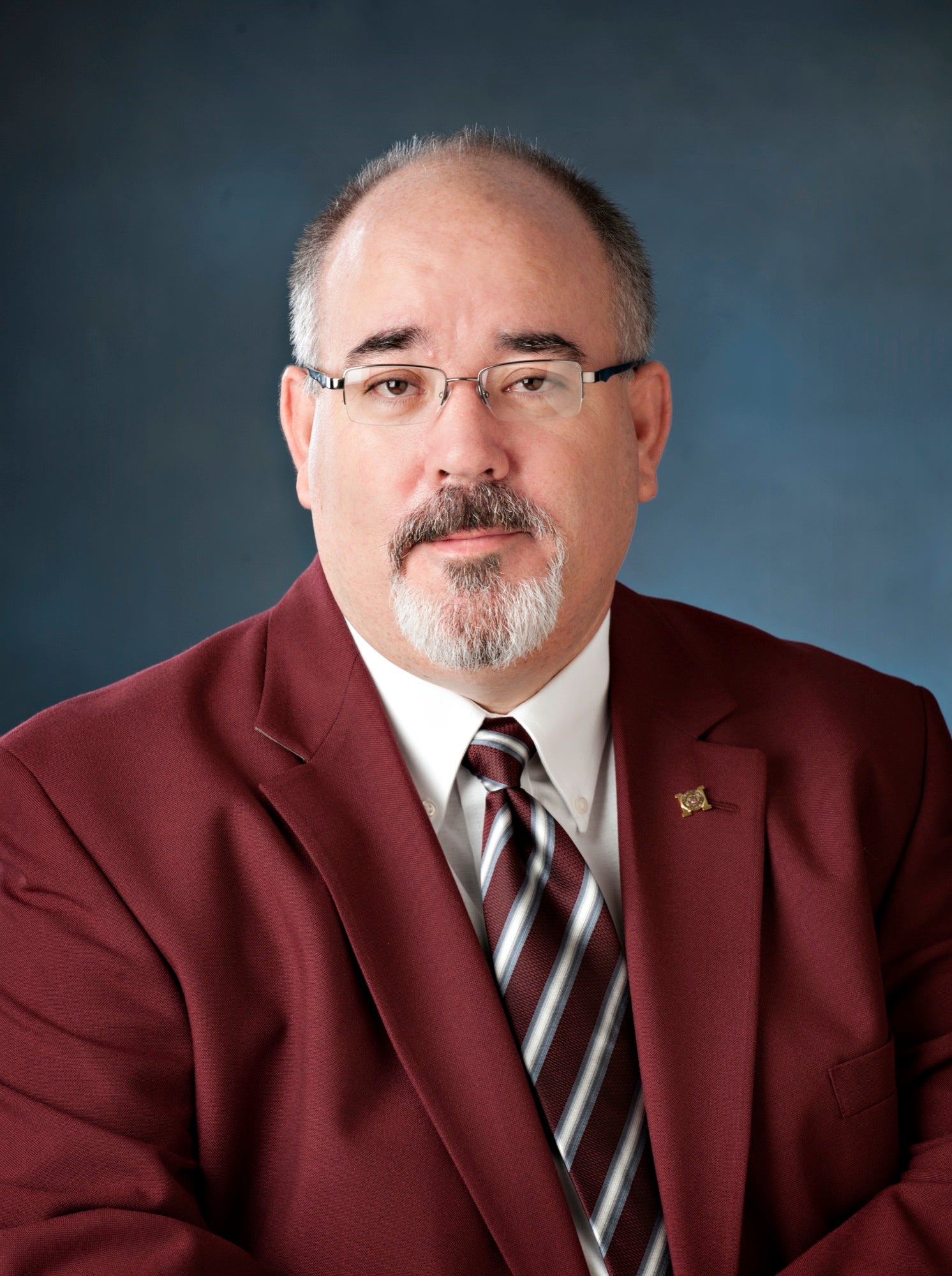Lawmakers again will confront calls for highway, bridge improvements
Published 9:54 am Wednesday, November 23, 2016

- Sid Salter
Nothing has changed since last year’s version of the legislative fight over the future of Mississippi’s transportation infrastructure system with the exception of the absolute certainty that neglect combined with a historic drought in much of the state that the state’s highways and bridges are in worse shape now than they were a year ago.
The Mississippi Economic Council – not exactly a paragon of wild-eyed government spending – joined the state’s transportation commissioners and the leadership of the Mississippi Department of Transportation to call for comprehensive changes to how Mississippi funds highway and bridge maintenance, repair, and construction.
Late in 2015 and well into the 2016 regular session of the Mississippi Legislature, the MEC through their “Excelerate Mississippi” plan unveiled research that showed our state had an undeniable $6.6 billion backlog of repairs and improvements. Known as “the state chamber of commerce” and well-respected among Republicans and Democrats alike in state government, the MEC called for a new annual investment of $375 million in state and local transportation investment to offset the problem.
In particular, MEC’s research found that some 25 percent of Mississippi’s urban roads are in poor condition and that 21 percent of the state’s bridges are structurally deficient or functionally obsolete. Their study pointed to the need to replace 138 state-posted bridges, all timber bridges, and then another 424 deficient state bridges over the next decade.
The MEC-based package would increase the state’s fuel tax, increase vehicle registration fees and generally raise taxes on road use. Despite another cycle of gas price decreases followed by sharp increases, fuel consumption remains flat and overall vehicle fuel efficiency continues to improve, so as we drive less and get more miles to the gallon, gas taxes — currently at 18.4 cents per gallon for both federal and state rates — doesn’t raise enough revenue to sustain the current transportation infrastructure or to expand and improve it.
In the Mississippi Legislature in the 2016 session, early hopes abounded for a “tax swap” of sorts — a cut of some taxes in exchange for an increase in state fuel taxes. But lingering state revenue shortfalls closed that political window of opportunity. Those shortfalls continue today.
During the fight last session, MEC put forth a Mason-Dixon Polling & Research poll showing that 61 percent of Mississippi voters supported spending more to fix the state’s roads and bridges through a reasonable increase in taxes and fees.
But gas tax hike opponents like Jackson attorney Russ Latino – leading the Mississippi chapter of the Koch Brothers-funded group Americans for Prosperity – offered his own polling which he said showed 86 percent of Mississippi respondents opposed increasing the state’s gas tax.
One of Latino’s primary points of contention came over Mississippi’s highway system ranking eighth in the Reason Foundation’s latest highway report. Think about that for a second. The Reason Foundation’s highway report ranked Mississippi eighth among states with the highest performing road systems.
The veracity of that report will likely best be judged by Mississippians who ride on the state’s roads and bridges. The Reason Foundation report certainly doesn’t agree with the MEC report or the considered opinions of the state’s elected transportation commission – who say in unison that the lack of maintenance and repairs are just killing the state’s highway system.
What didn’t get a great deal of exposure during the legislative battle was that the Reason Foundation – like Americans for Prosperity – is a group that the Koch Brothers also have a hand in funding.
The Legislature saw competing bills flounder as both the Senate and House looked to the other chamber to blink first on compromise bills, but in the end it was the “no-new-tax” pledges that many lawmakers made during their legislative campaigns that doomed lucid consideration of an appropriate highway funding mechanism through the state’s now-antiquated gas tax.
Will the politics change in 2017? Who know? But the certainty is that the state’s highways and bridges will continue an inexorable deterioration without some renewed attention.
Sid Salter is a syndicated columnist. Contact him at sidsalter@sidsalter.com.





